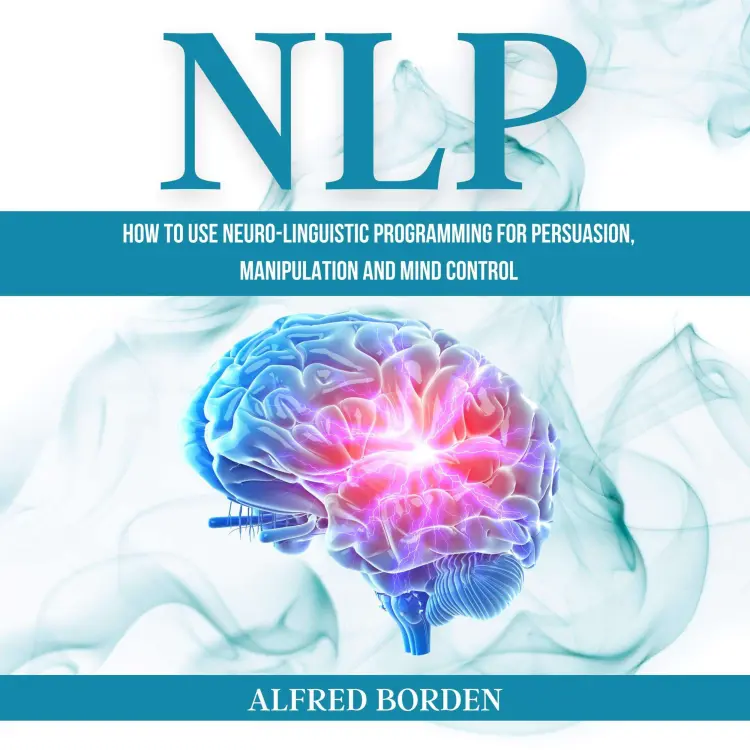
NLP - How to Use Neuro-Linguistic Programming for Persuasion, Manipulation and Mind Control
Alfred Borden
Unabridged
3 hours 30 minutes
Note: Costs may be incurred for playing the audio books or audio plays on the respective platforms, e.g. Spotify. Lismio has no influence on which audiobooks and audio plays are available on the service.
Some articles contain affiliate links (marked with an asterisk *). If you click on these links and purchase products, we will receive a small commission at no extra cost to you. Your support helps to keep this site running and to continue creating useful content. Thank you for your support!
From the publisher
Neuro-Linguistic Programming (NLP) is a psychological approach that involves analyzing strategies used by successful individuals and applying them to reach a personal goal. It relates thoughts, language, and patterns of behavior learned through experience to specific outcomes.
Proponents of NLP assume all human action is positive. Therefore, if a plan fails or the unexpected happens, the experience is neither good nor bad-it simply presents more useful information
Modeling, action, and effective communication are key elements of neuro-linguistic programming. The belief is that if an individual can understand how another person accomplishes a task, the process may be copied and communicated to others so they too can accomplish the task.
Proponents of neuro-linguistic programming propose that everyone has a personal map of reality. Those who practice NLP analyze their own and other perspectives to create a systematic overview of one situation. By understanding a range of perspectives, the NLP user gains information. Advocates of this school of thought believe the senses are vital for processing available information and that the body and mind influence each other. Neuro-linguistic programming is an experiential approach. Therefore, if a person wants to understand an action, they must perform that same action to learn from the experience.
Proponents of NLP assume all human action is positive. Therefore, if a plan fails or the unexpected happens, the experience is neither good nor bad-it simply presents more useful information
Modeling, action, and effective communication are key elements of neuro-linguistic programming. The belief is that if an individual can understand how another person accomplishes a task, the process may be copied and communicated to others so they too can accomplish the task.
Proponents of neuro-linguistic programming propose that everyone has a personal map of reality. Those who practice NLP analyze their own and other perspectives to create a systematic overview of one situation. By understanding a range of perspectives, the NLP user gains information. Advocates of this school of thought believe the senses are vital for processing available information and that the body and mind influence each other. Neuro-linguistic programming is an experiential approach. Therefore, if a person wants to understand an action, they must perform that same action to learn from the experience.









